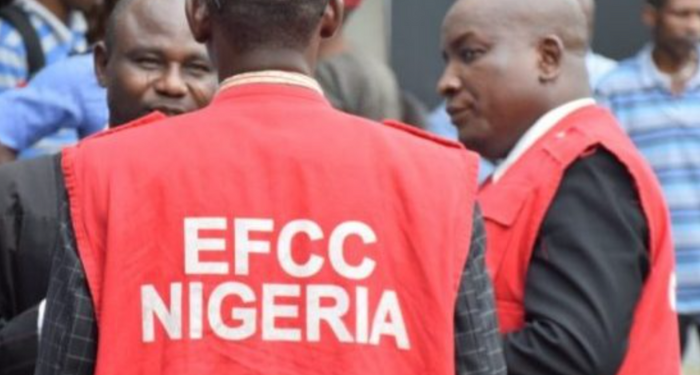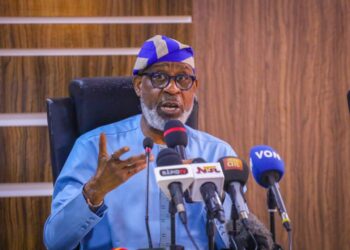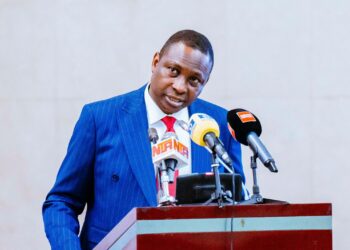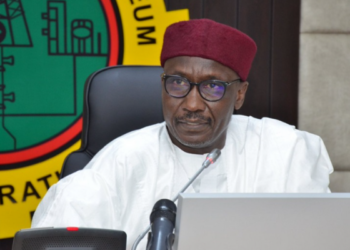The Economic and Financial Crimes Commission (EFCC) and the Nigeria Financial Intelligence Unit (NFIU), plan to address the country’s precarious position on the Financial Action Task Force’s (FATF) Grey List. The agencies collaborate to steer Nigeria away from the looming threat of an international blacklisting, according to a statement from the EFCC.
During a strategic visit to the EFCC’s headquarters, Hafsat Abubakar Bakari, Director and CEO of the NFIU, and Ola Olukoyede, Executive Chairman of the EFCC, mapped out fresh strategies aimed at facilitating Nigeria’s exit from the FATF’s Grey List.
What the Statement Says
The statement read:
- “The Economic and Financial Crimes Commission, EFCC and Nigeria Financial Intelligence Unit, NFIU, on Wednesday, March 20, 2024 mapped out fresh strategies geared towards Nigeria’s exit from Financial Action Task Force, FATF’s Grey List.”
Bakari is quoted as saying:
- “Our visit today is a recognition of the shared history and a step towards building the foundations of a stronger partnership. We are also here to discuss the steps we need to take together to ensure that Nigeria exits from the grey list of the Financial Action Task Force in the near future.”
The statement added:
- “The FATF, February 2023, added Nigeria to its list of countries under monitoring, designated as “Grey List.” This listing required the country to implement an action plan comprising 19 items before May 2025 to avoid the greater danger of upgrade to the “Black List” which comes with dire economic consequences.
- “Olukoyede expressed optimism that the combined works of the EFCC, NFIU and other relevant agencies will assist Nigeria to exit the grey list.
- He reiterated his commitment towards preventive frameworks in tackling economic and financial crimes, stressing that it is cheaper to prevent corruption than to fight it.”
What You Should Know
In a recent report, the Inter-Governmental Action Group against Money Laundering (GIABA)noted that “Nigeria has not explicitly criminalised the financing of foreign terrorist fighters.”
However, the country has made some progress. The report read:
- “Nigeria has identified terrorist groups that pose TF threats to NPOs in Nigeria and further categorised them into primary and secondary threats to NPOs in Nigeria. The primary terrorist financing threats are (1) Boko Haram and (2) ISWAP. The secondary terrorist financing threats are: (1) Yan Bindiga/Yan Taadda, (2) International Islamic terrorist groups such as Al-Qaida, ISIS, Al Shaba, (3) Domestic secessionist groups (including IPOB), and (4) Islamic Movement of Nigeria (IMN) (Northwest Nigeria).
- “It was observed that terrorist groups tend to abuse NPOs to facilitate foreign funding of terrorist groups in Nigeria and as part of complex schemes (often involving vendors) to disguise funding of terrorist groups. These groups also commit crimes such as kidnapping for ransom and hijacking of goods against NPOs.”
The CBN recently released a draft containing guidelines for bureau de change (BDC) operators in Nigeria. The draft’s primary aim is to align BDC activities more closely with global Anti-Money Laundering/Combating the Financing of Terrorism (AML/CFT) standards in line with FAFT’s requirements.
























